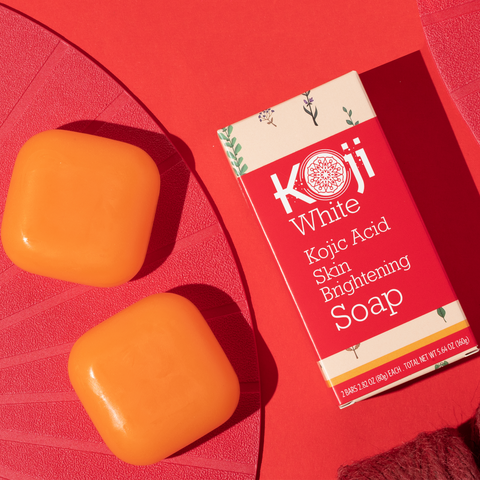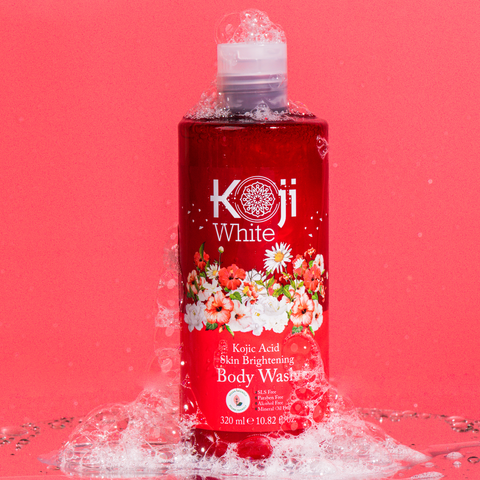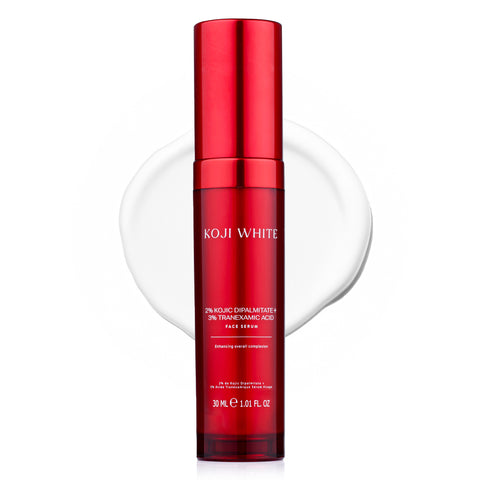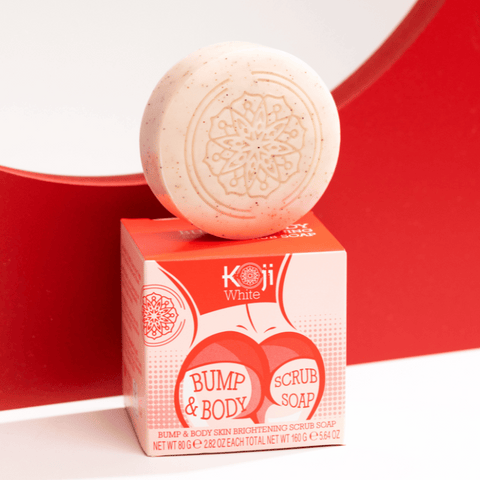
Are you taking the required procedures to assure the safety and efficacy of the skincare products you distribute, wholesale, or retail?When it comes to buying and using skincare products, people are becoming more concerned about their safety. Many customers increasingly prioritize acquiring things for which they have confirmed proper certification. There is a larger risk of liability for injury due to hazardous or mislabeled products being sold if you do not verify that certification requirements have been satisfied by the skincare product line you carry. When it comes to selling anything as sensitive and possibly allergic as cosmetic and personal care items, there is no room for error! This blog post will explain why obtaining certification from a recognized agency is critical for any firm dealing with these types of items.
Due to the increased demand for skincare products, a market for non-certified and untested items has emerged. Unfortunately, it is becoming increasingly difficult to trust what is available on the market, and many people are at risk of consuming harmful substances. Non-certified skincare products may contain allergies, irritants, and other compounds that are harmful to one's health. Skin blisters and discoloration, unpleasant rashes, coughing, breathing difficulties, and even eye damage can occur in extreme cases. Consequences may be immediate or build over time with continued use, but one thing is certain: you do not want to jeopardize your health only to save money on cosmetics. Saving money isn't worth bringing yourself pain or suffering. Before making any purchasing decisions, always confirm that any product you use is certified.
Non-certified skincare products may contain a variety of harsh chemicals and hazardous compounds that are toxic or dangerous to use. Endocrine and thyroid disturbance, skin hypersensitivity, asthma, organ toxicity, and reproductive health hazards are frequently associated with these substances. These hazardous chemicals include preservatives such as parabens and isothiazolinones, specific coloring agents such as ultramarine and carmine, fragrances containing phthalates, detergent surfactants such as SLS/SLES (sodium lauryl sulfate/sodium laureth sulfate), and petroleum derivatives such as mineral oils. To ensure safety when selecting skincare products, look for beauty businesses with transparent practices, as well as certified organic or natural solutions that guarantee the absence of pollutants that could cause long-term health problems.
When it comes to quality and safety, skincare products can be a minefield. While non-certified skincare products may appear enticing due to their cheaper cost, taking the time to research, become aware with applicable rules and regulations, and seek out certifications is critical to ensuring that you are getting the greatest quality product available. The main message is that certified skincare is well worth the money and effort if you want peace of mind. It will not only maintain your skin healthy in the long run, but it is also an investment in your future. With so many different forms of skincare available, utilizing all of the appropriate certifications might make or break your beauty regimen. As practiced advice: It’s always better to be safe than sorry !
Many consumers believe that in order to be safe and effective, skincare products must be tested and approved by the Food and Drug Administration (FDA). Nevertheless, this is not always the case. While it is crucial for products to contain active substances that have been shown to improve skin health, FDA approval is not required. In truth, many natural components, such as essential oils and herbs, can give excellent skincare results without having to meet severe FDA testing or approval criteria. When it comes to purchasing a skincare product, it ultimately boils down to opinion; while some people prefer FDA-approved options, others prefer treatments that rely on natural components. Yet, it is vital that skincare products be created in a certified facility and have documented records of being audited by a third-party certification authority such as GMP, ISO, FSSC, and so on. This ensures that the goods are manufactured and incorporated in an ethical and safe manner.









